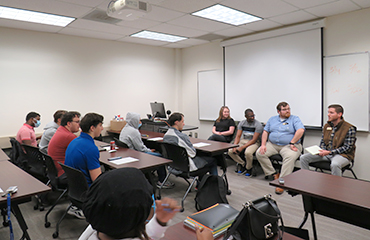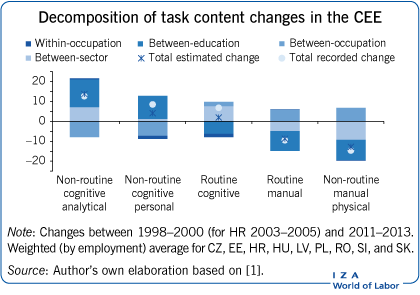
If you are 40 and looking for a new career, you can do it! While there are plenty of reasons to make a change, here are some of the most important. Assess your personality, identify your interests, and retrain yourself. After you've done all this, you're ready to make a change! How do you make a career shift at age 40? These tips will help you to succeed.
Transferable skills have great value
At forty you won't likely be able go to college and learn new skills. You might have skills that are transferable to your new job. Think of your accomplishments from the past as examples of transferable skill. These skills include negotiation skills, leadership qualities, organizational abilities, and teamwork. Your soft skills (such as patience, time management) can be considered and used to help you in your new job.

Identify your interests
First, identify your interests and choose a career that you are interested in. You can't replace money, but you can make time. Don't wait too long to find something better, or finish something before you move on. In addition to identifying your interests, you should also make connections with people in your new field. Don't forget that your 40s is not the time to settle down and stay put.
Your personality assessment
An assessment can help identify your strengths and weaknesses, as well as provide insight into your career options. More than 2 million people use the Myers-Briggs Type indicator every year to determine their personality. It helps you understand your individual differences. It has also helped thousands of businesses improve their communication, learning, collaboration, and communication. You might be surprised that you actually have several types! This free assessment will help you determine which type of personality you are.
Retraining
Retraining after 40 to change your career can be difficult. It is common to change careers after 40. This can be difficult if you need to take on additional training or revise your resume. These tips will help you get started. After all, your career is the most important thing in your life, so why not give it a shot?

Searching for a new career
You're likely to have many skills to offer potential employers when you reach 40. Don't be afraid to take a few career assessments to see what skills you possess. Although you might not have the financial means to pay for school, your ability to pursue higher education may be limited by your age. Consider the role and function of your skills. You don't have to waste your career history. Consider how you can make use of those skills in a different industry.